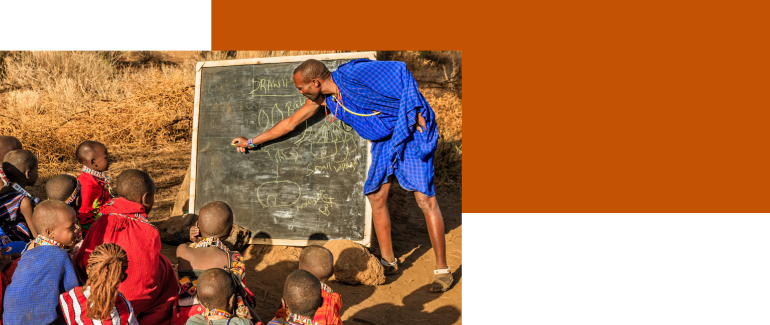The impact of socioeconomic factors on education in underserved communities can be extremely significant.
Socioeconomic inequalities can have a negative impact on the ability of children in underserved communities to learn, hence widening the gap between advantaged and disadvantaged groups over time. Good quality and equitable education is key to the inclusive, peaceful, and sustained development of a society and a country.
In Nigeria today, socioeconomic factors, such as income level, parental education, and access to resources, can create barriers that hinder educational opportunities for students in these communities.
Concerning parental education, results from the programme for International Student Assessment (PISA) show that children of parents with high socioeconomic status demonstrated higher reading literacy than children of parents with low socioeconomic status (Xin Ma, 2008)
Income level is also not left out. Limited financial resources result to families in underserved communities facing challenges in providing sufficient educational support at home due to limited access to educational resources and the provision of these resources. Parental time availability is also affected, seeing that parents have to work twice as much to provide, leading to their unavailability.
Furthermore, socioeconomic factors can contribute to disparities in access to technology and internet connectivity, which are increasingly important for modern education. Without access to these resources, students may be at a disadvantage in terms of research, online learning, and developing digital literacy skills.
Addressing these challenges requires a comprehensive approach that includes equitable funding, targeted support programs, and community engagement. By equitably funding schools in low-income communities with adequate educational materials and resources they need, this reduces the gaps and provides students in underserved communities with an opportunity to attain their full potential. By addressing socioeconomic disparities and providing resources and support to underserved communities, we can help mitigate the impact of these factors and promote educational opportunities for all students.
SDG 4 stresses the need to combat all forms of exclusion and inequalities relating to access to education and learning processes. The 2030 Agenda for Sustainable Development regards equity as central to achieving sustainable development and calls for leaving no one behind. This means including all vulnerable countries like Nigeria, and ensuring all people, regardless of their background, have the right to fulfill their potential and to lead decent, dignified, and rewarding lives in a healthy environment.
Projects like the Teacher Bank Project aid in reducing these inequalities among marginalized groups by providing teachers and educational resources to underserved communities. The Teacher Bank Project, in a bid to support more students in underserved communities, is upscaling its reach to more states in the North-Central.
Nominate a school today for possible selection for the next implementation of the Teacher Bank Project. Ensure that the Teacher Bank Projects gets closer to your community today.
The Teacher Bank Project helps students and schools in need of improved access to quality education. By taking action to nominate a school you believe will benefit from the Teacher Bank Project, join hands in supporting Sustainable Development Goal 4 in promoting quality education for all in Nigeria.
Click on the link to place your school of choice on the map for possible selection for the next implementation of the Teacher Bank Project. (Only schools within the North Central are eligible)
https://www.surveymonkey.com/r/PPHH899
REFERENCES
| Link | Title | page |
| Socioeconomic inequalities and learning | Unesco IIEP Learning Portal | Socio-economic inequalities and learning |


